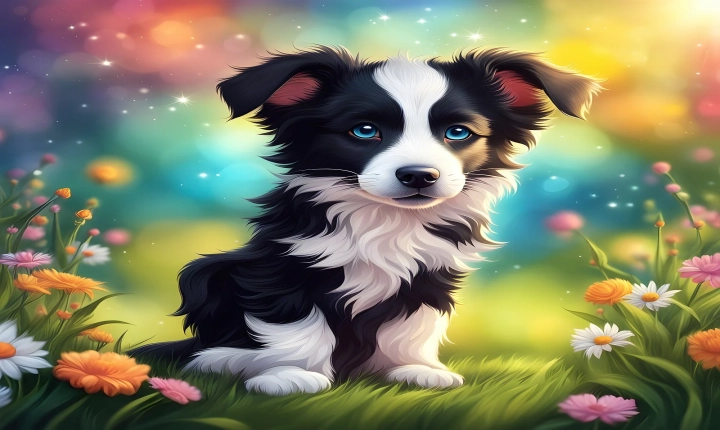Title: Unveiling the Magic Behind AI-Generated Songs: How Do They Work?
Artificial intelligence (AI) has revolutionized various industries, and the music industry is no exception. AI-generated songs have rapidly gained popularity, captivating audiences with their unique blend of melodies and lyrics. But have you ever wondered how these AI-generated songs actually work? Let’s dive into the fascinating world of AI music generation and uncover the magic behind it.
At the heart of AI-generated music are complex algorithms and machine learning models. These sophisticated technologies enable AI systems to analyze vast amounts of musical data, learn from it, and create original compositions that mimic the style of human musicians.
One of the key techniques used in AI music generation is “generative modeling.” This approach involves training AI models on large datasets of existing music to understand the patterns, structures, and styles inherent in different genres. The AI system then uses this knowledge to compose new pieces of music that align with the learned characteristics.
Another method that AI utilizes for creating songs is “reinforcement learning.” This involves rewarding the AI system when it produces music that aligns with certain predefined criteria, such as chord progressions, rhythm, and melody. Over time, the AI learns to improve its compositions based on the feedback it receives, resulting in increasingly sophisticated and refined music.
Furthermore, natural language processing (NLP) models are used to generate lyrics for AI-generated songs. These models are trained on extensive collections of song lyrics to understand the nuances of language, rhyme, and emotion, allowing the AI to craft coherent and evocative lyrics for its compositions.
Additionally, AI music generation is often fueled by neural networks, a type of AI model inspired by the human brain. These networks consist of interconnected nodes that process and interpret musical data, allowing the AI to generate harmonious melodies and complex compositions.
It’s important to note that AI-generated songs are not solely the product of machines. Human creativity and expertise play a crucial role in the music generation process. Musicians, composers, and technologists work in tandem to develop and fine-tune the AI algorithms, ensuring that the resulting music reflects artistic sensibilities and resonates with audiences.
Despite the impressive capabilities of AI music generation, the technology still faces challenges. Critics argue that AI-generated music lacks the emotional depth and originality of human-created compositions. While AI systems can mimic musical styles, they may struggle to capture the raw emotion, storytelling, and humanity that are often conveyed through music.
Nevertheless, the potential of AI-generated music is vast. It presents opportunities for musicians to experiment with new sounds and styles, collaborate with AI systems to enhance their creative processes, and engage with audiences in innovative ways.
As AI technology continues to evolve, it’s clear that AI-generated songs are here to stay. Whether it’s composing background music for videos, generating personalized soundtracks, or crafting entirely new musical genres, AI is reshaping the landscape of music creation.
In conclusion, AI-generated songs are the result of a blend of cutting-edge technologies, including generative modeling, reinforcement learning, natural language processing, and neural networks. While AI music generation is not without its challenges, it offers a wealth of opportunities for creative exploration and collaboration. As AI continues to push the boundaries of music creation, we can expect to see even more captivating compositions emerge, blurring the lines between human and AI creativity.
